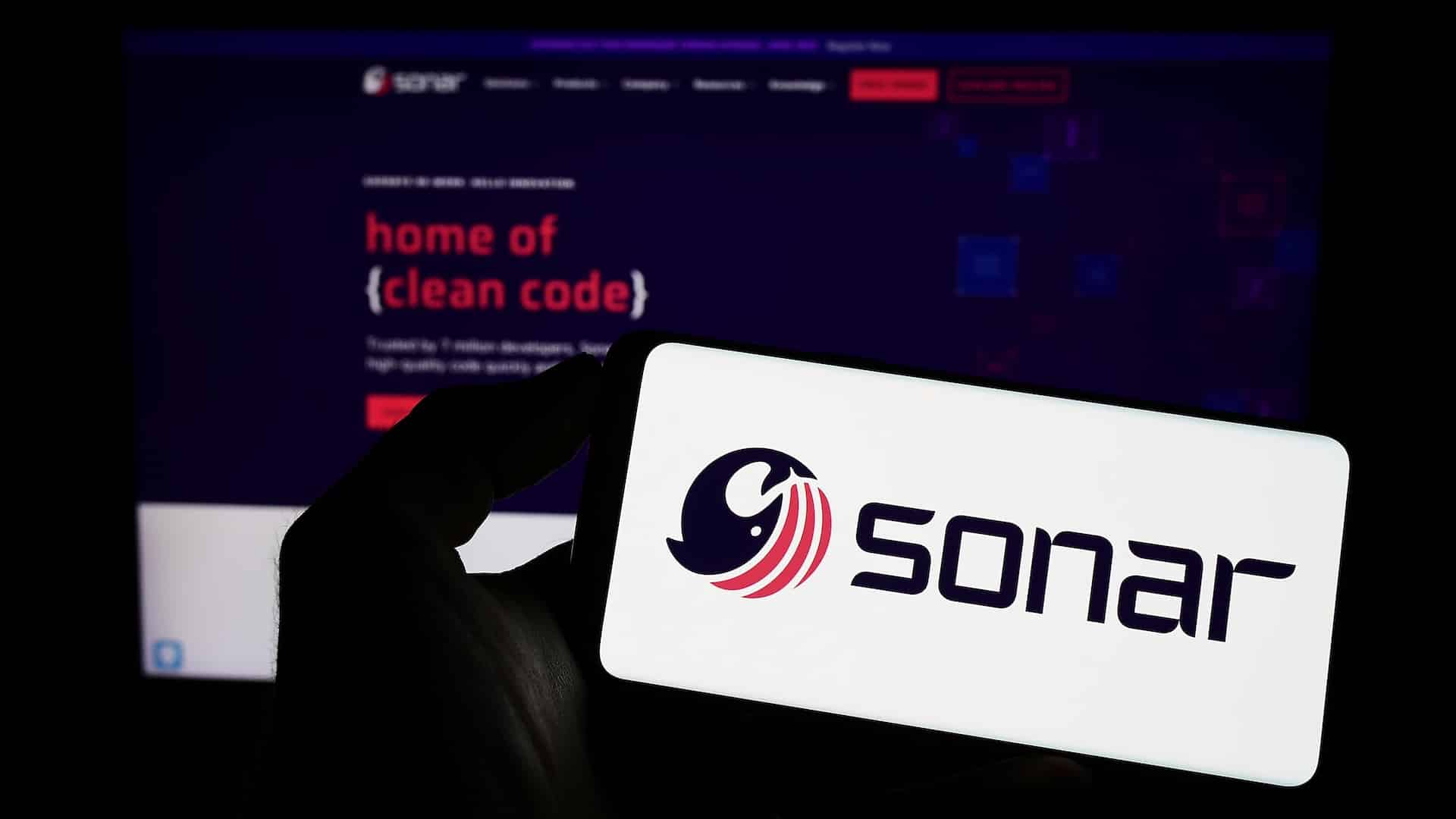The Business Analyst acts as the interface between the IT department and the operational departments. Find out all you need to know about this job.
What is a Business Analyst?
A Business Analyst is sometimes also called a PMA (Project Management Assistant) and their job is to ensure that the business processes are fully and properly integrated into the information system.
This means that their job is often hybrid in nature: on the one hand, they need to understand the business and the challenges it faces and, on the other, those very same challenges have to be transformed into technical objectives for the IT department.
What is the role of a Business Analyst?
A Business Analyst forms a link between the business and the development teams or software publisher.
It is the job of the Business Analyst to come up with new ideas, both for the business and for the development teams.
Some they also have business and technical expertise in prioritising requirements and making choices about architecture, they can also work to help the Product Owner.
Tasks undertaken by a Business Analyst:
Collating requirements
One of the first stages in your work will be discovering what exactly the customer needs.
To achieve this, you will need to organise meetings, explaining in advance the topic(s) to be discussed. It is your job to invite the correct people, lead the meeting and then write up a set of minutes to make a record of any decisions and outstanding issues that will have to be dealt with in future meetings.
This work therefore needs you to be in touch with people, either through meetings or more informally by email to clarify certain technical points.
It’s important that you don’t just accept what the user tells you:
- Ask them if they have documentation describing their current business processes.
- Don’t hesitate to ask them questions to clarify issues. It could be that some facts are obvious to your client, meaning they may not cover them when they explain things to you.
- Make sure you prepare your questionnaire in advance of any discussions and follow a format similar to that below:
1. Who: Who are the users and what are their profiles?
2. What: What are users looking for?
3. What: What are the calculation rules? (Provide details)
4. Where: Where should the information go?
5. When: When will the information be made available?
6. How: Which format, which medium, etc.
Writing specifications and User Stories
Once this phase of gathering information has been completed, you will then need to translate it into a format that your teams can use.
In a V-cycle, we can make use of:
- Requirements specifications
- Followed by functional specifications categorised by major theme.
In an Agile organisation, specifications would be written in the following format:
- An EPIC
- User stories associated with this EPIC
Followed by tasks that you can assign to your development teams.
It is important to realise that working in accordance with an Agile method does not mean that documentation does not have to be kept updated. It is still important to keep centralised specifications up-to-date for each EPIC. As well as these documents, another important step to take is to draw up a global architecture diagram specific to your business application.
Carry out functional testing
Once the development teams have made the deliverables available, you will need to test them. Although these tests can be carried out by teams that specifically work on these types of tasks, it is often the Business Analyst who performs them.
Test cases can be written using dedicated tools (SQASH TM, HP ALM, XRAY under Jira, etc.). By doing this, you will be able to catalogue your tests and therefore replay them more easily.
Testing is often made up of two phases:
- Testing new functions
- Non-regression tests on all or part of the application
Some organisations may ask you to contribute to setting up automated tests along with a resource who specifically works on their development.
User support
Once the deliverable has been provided to your customer, your first job will be to train them in how to use the tool and explain to them any process-related changes that this delivery may entail.
During the first few weeks after the deliverables are made available, assistance may also be provided as a support phase where you can monitor the correction of any anomalies and provide guidance to users in how to use the tool.
This task can then be handed over to dedicated support teams.
How do I become a Business Analyst?
The recommended route is to complete a Master’s degree (Bac +5) in information systems. During your course, you would then ideally specialise in a business area or undertake an end-of-study internship.
You can also become a Business Analyst if you have existing experience as a software developer/integrator. This is because when you start analysing the needs of the business, you will already have knowledge about the business itself.
What qualities do you need to become a Business Analyst?
- The ability to listen to customers so that you can take into account the different needs and requirements they have, as well as the problems they may face every day when using the tools. A Business Analyst must therefore be able to take a step back from the business.
- An ability to summarise: A Business Analyst must be able to put the needs expressed by the customer – needs that are not necessarily structured – into a framework. When holding discussions, they need act proactively and ask technical questions so that they can identify management rules that are not necessarily shared through the business (lack of documentation, oral culture, etc.).
- An ability to prioritise: acting with awareness of the capacity and abilities of the development teams or the publisher/integrator, the Business Analyst needs to collaborate with the Product Owner to define priorities with regard to development and to prioritise the topics to be dealt with according to the impact and volume of the business.
- A knowledge of technical and architectural matters: If the Business Analyst is not also a developer, it would be ideal for them to possess technical knowledge so that they can set out what they need to the development teams and understand the constraints under which they work. A Business Analyst needs to be aware of the overall architecture of their perimeter so that they understand which software is the master software for data and how they can develop the information system without it becoming more complex and less efficient. In turn, this means they will have better analytical capacities and can therefore analyse any anomalies reported by the business more easily, enabling them to turn to the right people to action any corrections.

What does a Business Analyst earn?
Salaries vary according to experience, location, skills and the type of company you work for.
The difference between a Business Analyst and a Data Analyst
Business Analyst
A Business Analyst works directly with the business teams. They therefore follow a more ‘hands-on’ approach when optimising business processes.
Data Analyst
A data analyst, however, will collate, structure and then examine the data they hold so that they can determine trends and figures. They will often use one or several Business Intelligence tools (Talend, Power BI, etc.)
It may be the case, however, that the two roles must work together so that the data requested by the business can be structured in the form of dashboards and indicators to match the requirements specified by the Business Analyst. In brief, a Data Analyst will have more expertise in development than a Business Analyst and will have good mathematics skills.
What are the possible career paths for a Business Analyst?
- Become an expert business analyst in your field:
Business analysts can choose to become experts in a specific field/sector of activity (banking, mutual insurance, HRIS, etc.) so that their clients can benefit from the skills and experience they have acquired.
- Become a Business Analyst in another business area:
It can sometimes be prudent for a Business Analyst to change the business sector in which they work so that they can diversify their skill set, opening up greater choices for them in terms of the assignments they take on. This will allow them to look at other organisations and ways of working.
- Becoming a Product Owner:
Because you will have worked closely with Product Owners over the years, you will have gained the knowledge and experience needed for this position.
- Becoming a Project Manager:
Although this role is similar to that of the PO, there may also be scope to work on the customer side. This might involve centralising the requests of a department or working on a large-scale project where specific topics and the coordination thereof fall beyond the remit of the Product Owner. This is an opportunity you could start exploring after gaining numerous years of experience and successfully being involved in a number of end-to-end projects.
- Becoming a Scrum Master:
Do you have what it takes to be a manager? Do you have experience of all Agile and Kanban processes? So why not give this a go and bring out the best in your teams?







